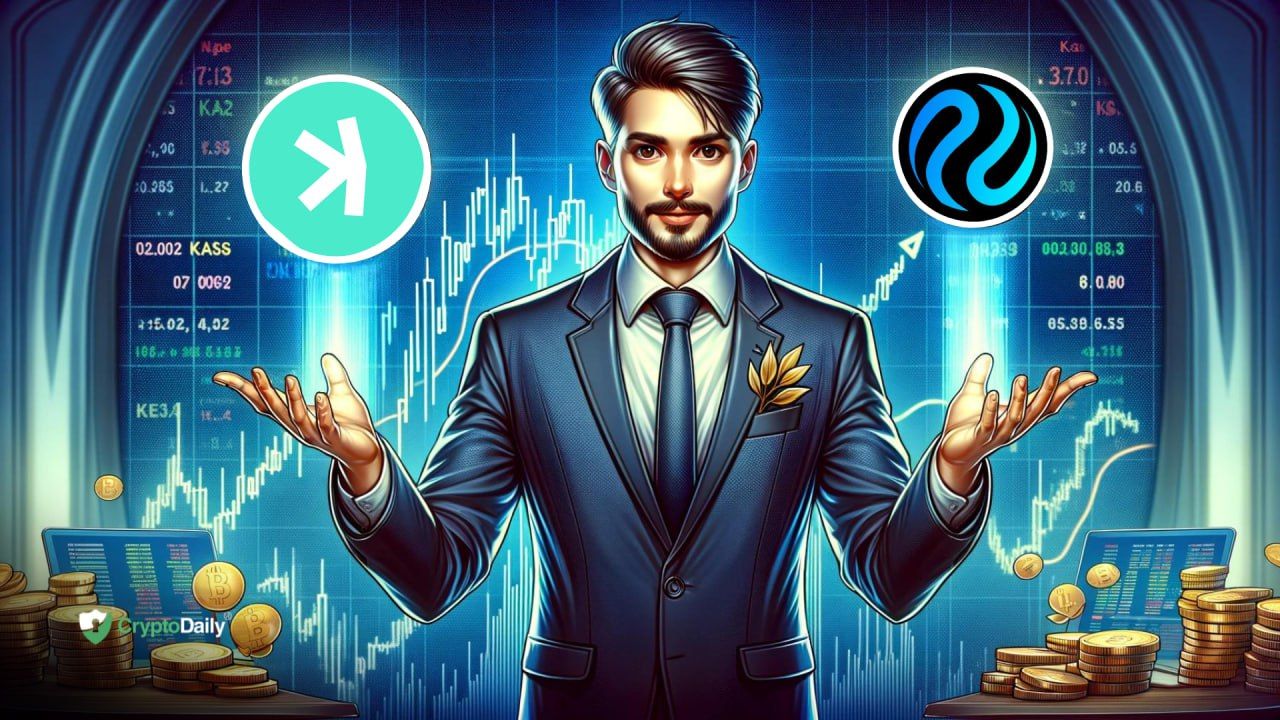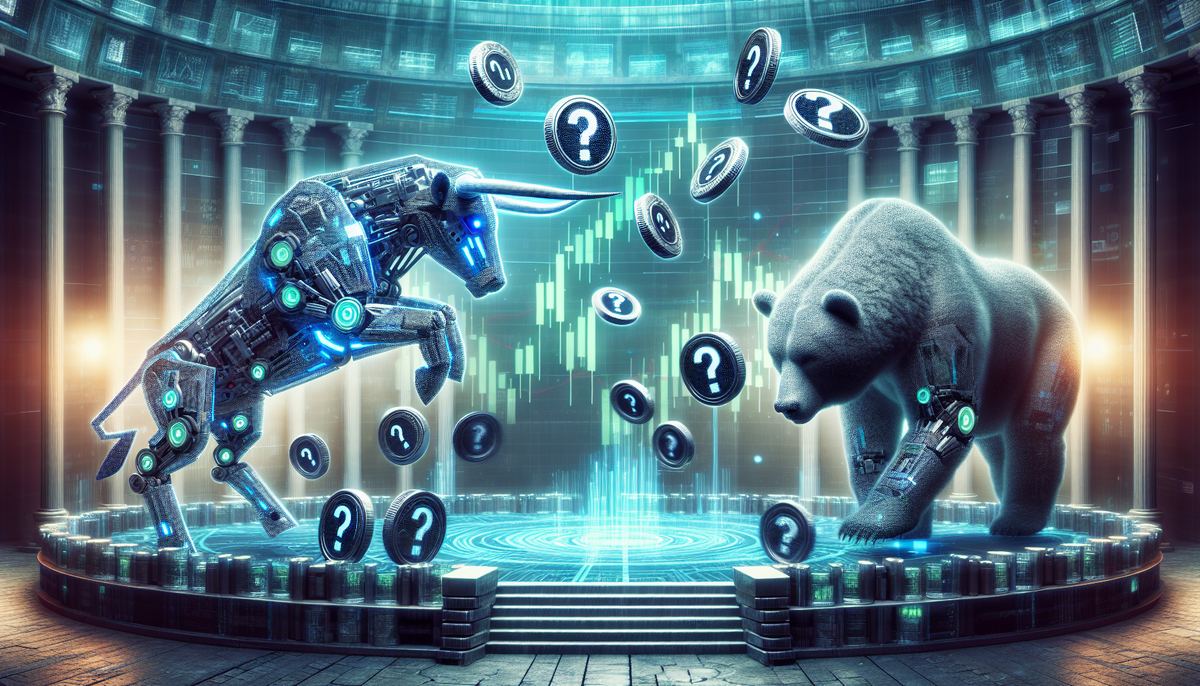The early wonders of the internet allowed workers to collaborate not just in different cities, but between different countries – a form of decentralisation that has fuelled the growing proportion of self-employed homeworkers in the global workforce. However, beyond the more collaborative world of work, another exciting phenomenon occurred: the forming of vibrant online communities. Before the internet age, the passions and skills of individuals could not be commonly shared unless people with similar interests lived in the same physical community. Simply put, geography was the biggest hurdle in preventing the pooling and sharing of talent, knowledge and creativity the world over. In the connected world, borderless communities form almost overnight and blossom when people with shared interests, even in the most niche of subjects, have a platform to engage with one another. Beyond mere communication, the internet allows these communities to collaboratively pioneer innovations in areas such as art, science and technology. It’s time that employers the world over took notice. An end to the “gift society” In 2010, when the blockchain and cryptocurrencies were in their infancy, there was no feasible way to financially reward gamers on mass for co-creating games. Now that these technologies are established, a model where co-creators are guaranteed financial rewards has become possible. Incentivising people with real economic benefit to do the work they already want to do – co-creating games – will usher an end to this form of unpaid labour. Real rewards will also increase both the quantity and the quality of the work dramatically. Moreover, stopping the extraction of surplus value from co-creators by corporate players, and putting it back into their pockets will naturally see them buy more games. By allowing developers and publishers to recognise this work and give it the scale of awareness it needs, community creators will quickly become third party developers and gain financial rewards for their work. Compare this model to that used by the shining bastions of Web 2.0 – social media networks such as Facebook, Twitter and Instagram. Their profit comes through the exploitation of their users’ immaterial labour – hoarding data, and selling behavioural information, demographic statistics, purchasing and web browsing history. For social networks, the adage, “If it’s free, the product is You” could not be more true. All forms of contributions to capital – not merely the financial contributions of shareholders – deserves to receive some reward, and blockchain will help to ensure this for the games industry. This perception has fuelled my vision for Gamestatix. Gamers will be rewarded with cryptocurrency for playing and reviewing games, giving feedback to developers and sharing social content to help in the promotion of games they love. This new model comes ahead of a key transition in the global labour market. While it is widely known that AI and advanced technologies will render many traditional jobs obsolete, it is also true that new careers will arise. For some, this could mean an income supplement akin to a casual Airbnb host. For others, part-time passions could become full-time careers. Different to the current sharing economy though, the livelihoods of players and notably, developers, will offer the means to bypass economic turmoil in their countries of residence. Access to a global talent pool By using blockchain-facilitated peer-to-peer cryptocurrency payments and transactions, employers are now able to pay anyone, anywhere in the world, making it also possible to hire anyone, regardless of the geographical location and ultimately tap into a global talent pool. Such collaboration and the ability to access a global talent pool may be crucial to the future of a thriving UK games industry, which, according to TIGA, the network for UK games developers and digital publishers, may soon experience a talent shortage. Despite more than two-thirds (68 per cent) of video games firms planning to increase their workforce, according to TIGA’s 2018 business survey, almost a third (29 per cent) of developers are concerned about Brexit, “primarily due to their concerns about their ability to recruit the right talent”, TIGA CEO, Dr Richard Wilson explained. “In order to grow and thrive, the UK video games industry will need to continue to recruit talent on a global level." stated Wilson. By being able to call on a dedicated community with a wealth of knowledge and expertise, developers will be able to efficiently generate, curate and promote their content. Meanwhile gamers are moving towards games they hear about from the communities they trust, rather than traditional brand placements. This approach allows developers to take advantage of the multiplier effect: the wider a gamer’s reach, the greater the awareness and interest among newer audience groups. Through inviting deeper community involvement, game co-creation will even see developers work directly with community modders and creators to formally co-craft, publish and sell add-on content that resonates with their communities. The games industry could use blockchain technology to lead the way working in bringing recognition to talents and encouraging real innovation and creativity, all whilst helping to distribute power and wealth. Blockchain – a decentralised way of thinking While the internet was intended to be open and collaborative, the gaming industry has, despite its roots in technology, so far failed to adopt a collaborative model. Gamers are known for being among the most passionate of the world’s digital communities. No surprise then that more games are being released now than ever before. With this wealth of releases, however, comes a major problem: it has become incredibly difficult for indie studios and developers to rival the influence of multinational companies and bring attention to new games. However, blockchain technology could be the catalyst that transforms the current state of play. New platforms, such as Gamestatix, will soon provide a level playing field for all developers, no matter how small they may be. Such equality of opportunity will allow developers to build better games with less risk. They will be buoyed by a platform that incorporates the interactivity of social networks, while gamers will, finally, be fairly compensated for their time, attention and contribution to the industry. So with evermore sophisticated technology, we can expect to see borderless collaboration continue, but on a far wider and more advanced scale. For the games industry in particular, this is unprecedented. It may even be the catalyst that sees other industries transform themselves by embracing blockchain technology. Blockchain – revolutionising the world of work By incorporating blockchain into the world of work, from recruitment to collaborative labour, to the financial and contractual agreements between employer and worker, the whole work process can become far more productive, efficient, and democratic. Deloitte’s 2017 Human Capital trends survey suggests that employers must adapt to meet the challenges of global mobility by creating for “a global workforce infused with ‘digital DNA’”, “a working environment that enables productivity and uses innovative technologies. Such an environment will require “engaging communication tools to promote engagement, enhance collaboration, wellness, and a sense of purpose Foresight and technology trends researcher, Aida Ponce Del Castillo, affirms that the recruitment industry can use blockchain “at a much lower cost than existing systems.” Blockchain can also facilitate a system of temporary employment that ensures fairness between workers and employers, Castillo believes. Autonomous decentralised contact center network, PodOne, also believes that “the unbeatable advantages of blockchains” can be used to create “a truly global, truly open and truly democratic workforce and employment solution”. With a blockchain-facilitated, collaborative global workforce of gamers and developers on the horizon, the global video games industry should be optimistic – it is primed to revolutionise the world of work for its own people and set the precedent for other industries too. And considering the constant technological advancements we’ve seen in recent decades, who knows what shape the video games industry could take in ten years time. If the many inspiring forms of borderless online collaboration so far have taught us anything, it is that possibilities in the connected world are truly endless. Citations: Deloitte’s 2017 Human Capital trends survey results suggests that global mobility must adapt to meet challenges in three main areas: https://www2.deloitte.com/uk/en/pages/tax/articles/digital-innovation-in-mobility.html Sam Fletcher: blockchain technology can streamline the HR recruitment process: https://www.personneltoday.com/hr/blockchain-hr/ Aida Ponce Del Castillo: recruitment industry can use blockchain “at a much lower cost than existing systems”: https://www.equaltimes.org/three-ways-in-which-blockchain-is PodOne: “a truly global, truly open and truly democratic workforce and employment solution using the unbeatable advantages of blockchains” can be created: https://medium.com/@PodOneNetwork/benefits-of-the-blockchain-for-a-decentralized-workforce-aa053d65aa28 ...more than two-thirds (68 per cent) of video games firms planning to increase their workforce, according to TIGA’s 2018 business survey: http://www.nbcrightnow.com/story/37211003/uk-video-games-industry-set-to-grow-in-2018 (29 per cent) of developers are concerned about Brexit, “primarily due to their concerns about their ability to recruit the right talent”: https://www.mcvuk.com/business/tiga-video-games-need-a-sensible-brexit Featured Image Original Source: Pixabay
Investment Disclaimer
Hot Topics







